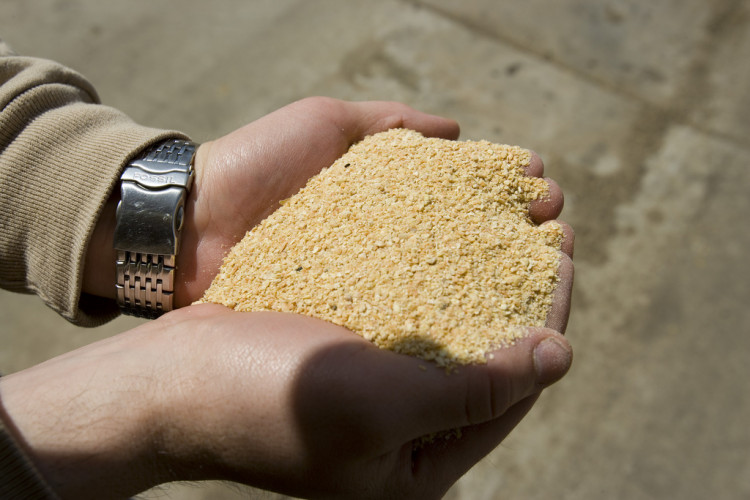Following President Donald Trump's recent tweet about a conversation with Chinese President Xi Jinping, the soybean market reacted quite positively with a 5 percent increase in stock prices. President Trump tweeted that he and President Xi had an in-depth conversation regarding trade, a statement that has given hope those in the soybean industry.
Despite missing the finer details of the conversation, President Trump's optimism has radiated into the soybean market. The market, which has been quite anxious since the start of the trade war, have responded positively to the remarks of the president.
Prior to President Trump's tweet, soybean prices dropped down to a one-month low of $8.31 per bushel. Following the President's tweet, soybean prices rose to $8.88 per bushel. Market analysts are quite positive that prices will continue to rise as a rumor about an impending deal excite market speculations.
While these rumors lack in substance, the soybean industry continues to be optimistic and hopes that the government can finally strike a deal to sell soybeans to China without the devastating effects of the trade tariffs.
On the other side of this picture, soybean prices in China continue to drop. Many analysts interpret this as a sign that China is confident that it could find other markets that could supply this essential product.
China is the world's largest consumer of soybean. Since the Chinese market has not reacted negatively on the shortage, it could only mean that China may have found an alternative market to buy soybean from instead of carrying the burden of the trade tariffs from the United States.
Prior to the trade war, China buys almost one-third of all of U.S. soybean exports. However, as the trade war escalates, China responded to the American tariffs by imposing its own set of tariffs against various American goods, soybeans being one of those. As a result, American soybean farmers can still ship their products to China, but at a much lower price.
Since the start of the trade war, U.S. soybean exports to China have dropped by as much as 94 percent compared to last year. As the biggest consumer of soybean, China is regarded by many farmers as the most important export market. As President Trump continue to bully China with trade tariffs, these soybean farmers will most likely have to look for alternative buyers of their produce or face bankruptcy when their crops start to rot.




